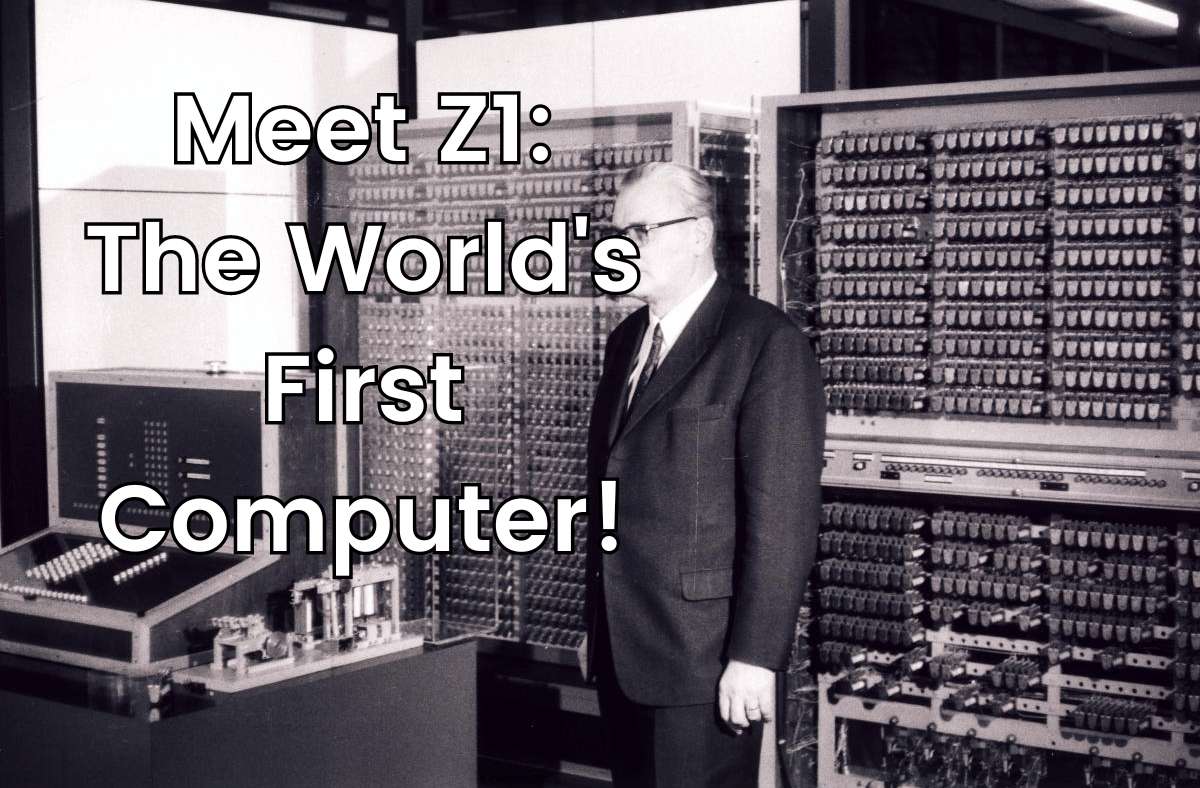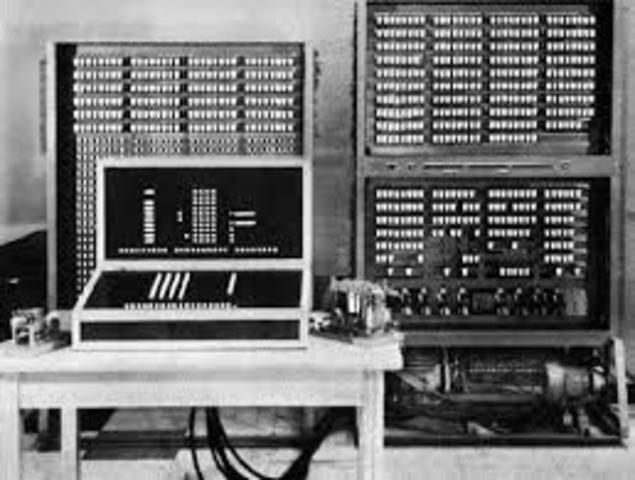For Those in a Hurry
The first computer, the Z1, was invented in 1936 by Konrad Zuse. It originated in Germany, marking a technological breakthrough. The Z1 used binary logic for simple calculations. Despite being groundbreaking, it was huge, slow, and unreliable. It laid the foundation for modern computing. The Z1’s design and function were revolutionary for its time. However, it was far from the compact, fast computers we use today. And no, it couldn’t run Fortnite or any other game.
The First Computer: Zuse’s Z1 and Its Innovations
Konrad Zuse’s Z1 was a pioneer in the computing world. As the first computer, it introduced binary logic in computation. This was a major advancement from the mechanical calculators of the time. The Z1 operated through a series of mechanical parts. Despite its limitations, it was a significant step towards modern computers.
The Challenges and Limitations of the Z1
The Z1, though innovative, faced many challenges. Its large size made it cumbersome. Additionally, its operations were slow compared to today’s standards. Reliability was another major issue, as it often malfunctioned. These limitations highlighted the early struggles in computer development. Nevertheless, Zuse’s work paved the way for future advancements.
The First Computer: A Blueprint for Future Technology
The Z1’s design and concept were ahead of its time. It laid the groundwork for future computers. Zuse’s use of binary logic was particularly revolutionary. This principle is still fundamental in today’s computing. The Z1 demonstrated the potential of automated calculation. Thus, it was more than just a machine; it was a vision of the future.
The Legacy of Konrad Zuse and the Z1
Konrad Zuse’s contribution to computing is undeniable. His invention of the Z1 was a landmark achievement. It showcased the potential of electronic computation. Zuse’s work inspired future generations of computer scientists. The Z1’s legacy is seen in every modern computer. It represents the dawn of the digital age.
In conclusion, the Z1, invented by Konrad Zuse in 1936, stands as the first computer, marking the beginning of a technological revolution. Despite its size, slowness, and unreliability, it introduced crucial concepts like binary logic, setting the stage for the development of modern computing. The Z1’s legacy goes beyond its physical construct; it represents the inception of an era where automation and electronic processing began to reshape the world, proving that even the most humble beginnings can lead to extraordinary advancements and innovations.























